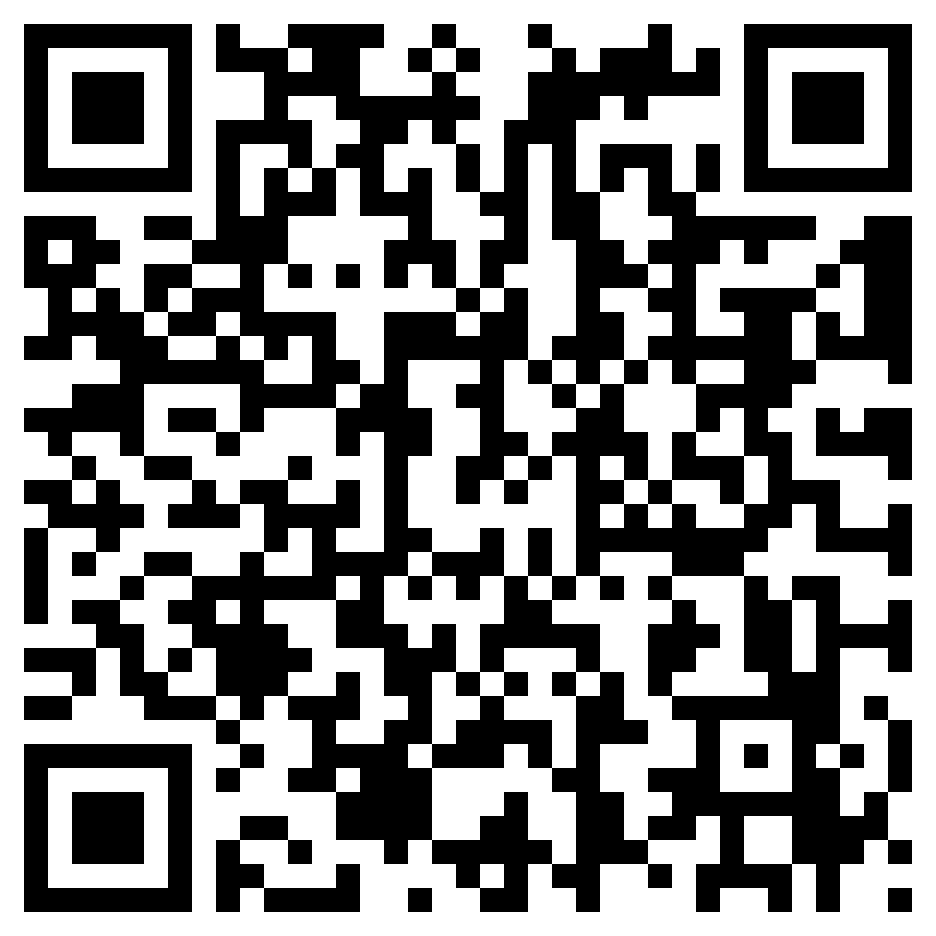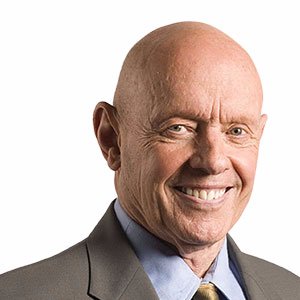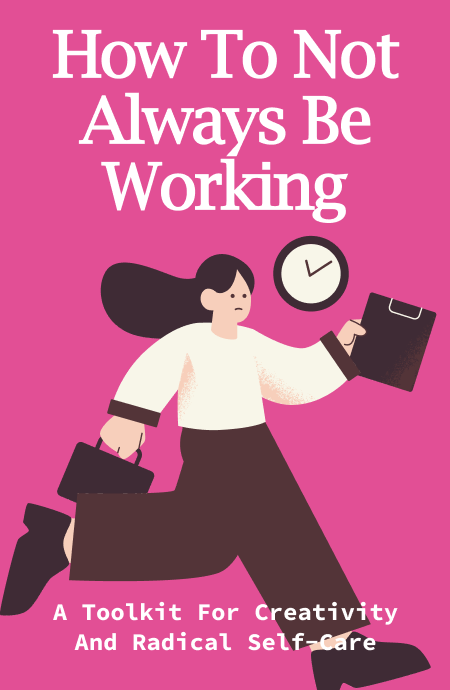Lesson 1: Introduction
Read Heading : Introduction for Success
Lesson 1. Introduction.
In his book, Covey gives a list of 7 healthy, long-term habits one must adopt in order to succeed in all the four spheres of the mental, spiritual, physical and social. His theories are simple and yet at the same time, highly effective.
Our habits not only determine the kind of people we are but also our successes and our failures. In his 1989 self-care book, The 7 Habits of Highly Effective People, Stephen Covey helps us to develop those habits that will help us effectively attain our goals towards a more successful life. There are no short-cuts to a long-lasting success and to truly better our character, we need to be driven by habits based on better work-ethics. While most people focus on outward success, Covey lays stress on the importance of inner development and sustained healthy relationships with other people.
Through an analysis of 200 years of literature on the concept of ‘success’, Covey identifies a very important shift in the traits that are associated with the term post 1920. Before 1920, success has been associated with character ethics such as patience, bravery, integrity and fidelity while after 1920, it has come to be associated with personality ethics such as public image, behavioral traits and attitude. This shift in paradigm requires us to change ourselves fundamentally and not just on the surface level. Therefore, in order to be truly successful, we need to better ourselves internally and not just externally.
The first step towards reaching that goal is to develop independence. Covey gives us a list of 3 healthy habits that will help us towards achieving that goal in the next lessons.
Lesson 2: Habit 1: Be Proactive
Read Heading : Habit 1: Be Proactive
Lesson 2. Habit 1. Be Proactive.
To be proactive means to be able to respond to external stimuli in a desirable manner. What differentiates us from animals is our unique ability of self-awareness through which we can not only assess a situation but also proactively influence it in our favor. Reactive people can only passively react to their surroundings while proactive people take charge of their own situation and strive to make it better for themselves. Since Reactive people blame others for their own condition, they can often be heard saying things like “it is out of my hands” or “there is nothing that I could have done” while proactive people take responsibility for and control of their situation and can be heard saying things like “let me take careUnlock Knowledge with Wizdom App
Explore a world of insights and wisdom at your fingertips with the Wizdom app.
 1 Million+ App Download
1 Million+ App Download  4.9App Store Rating
4.9App Store Rating 5000+Summaries & Podcasts
5000+Summaries & Podcasts









